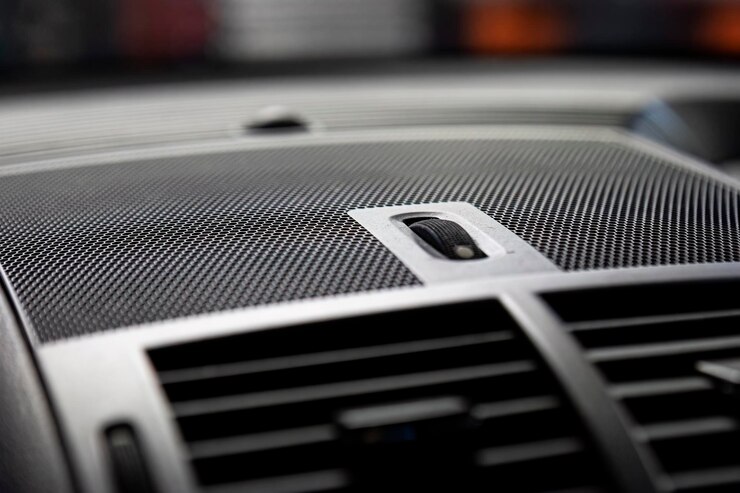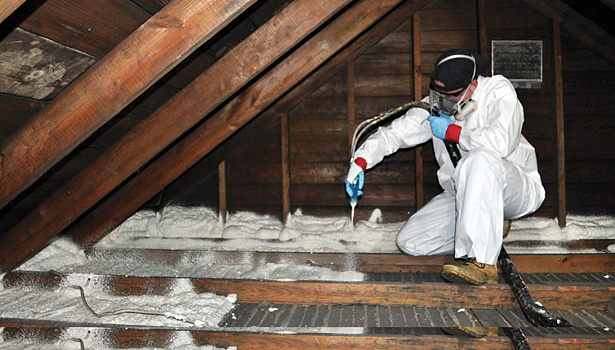The Ultimate Guide to Fixing Your Car’s AC Like a Pro
Nothing can ruin a luxury car drive like a poorly functioning air conditioner, especially when temperatures start soaring. When it comes to high-performance vehicles, AC repairs aren’t just about staying cool—they’re essential to maintaining the comfort and value of your vehicle. Here’s a comprehensive guide that walks you through everything you need to know about getting that refreshing cool air back.
Understanding the Importance of AC Repair
Your car’s air conditioning isn’t just a luxury; it’s crucial for your comfort and safety. Driving in an overheated car can lead to health risks like dehydration and fatigue. Plus, a malfunctioning AC system often means a larger problem in the long run if left unchecked.
When it comes to luxury vehicles, the AC system is designed for efficiency and precision. Here are a few reasons why getting your air conditioning repaired at the first sign of trouble is essential:
- Preserves Vehicle Value: A well-maintained AC keeps the car’s resale value high.
- Improves Comfort: Driving in hot climates becomes unbearable without a functioning AC.
- Prevents Costly Repairs: Small issues left unattended can result in bigger, more expensive repairs.
Common Causes of AC Issues
Before you dive into any repairs, it’s helpful to know what could be causing the problem. Car AC systems are complex, and a variety of things can go wrong.
- Low Refrigerant Levels: Over time, refrigerant levels decrease due to leaks or general wear. Low levels can cause the AC to blow warm air.
- Compressor Issues: The compressor is like the heart of your AC system, and when it fails, your AC will too.
- Faulty Condenser: If the condenser is blocked or broken, it can prevent proper cooling.
- Blower Motor Malfunctions: A blower motor issue can cause weak airflow or no airflow at all.
Knowing these common issues will give you a head start on what to discuss with a repair technician.
Signs You Need Immediate AC Repair
How do you know if your car’s AC system needs immediate attention? Look out for these signs:
- Weak Airflow: If the air barely trickles out of the vents, there could be a problem with the fan or motor.
- Warm Air Instead of Cold: This is a clear sign that your AC system needs a recharge or repair.
- Unusual Noises: If you hear rattling or banging sounds when you turn on the AC, it’s likely a mechanical issue.
- Foul Smell: Bad odors coming from the vents could be a sign of mold growth within the AC system.
- Water Stains Inside the Car: This might indicate a clogged drain or an AC system leak.
What to Expect During an AC Repair
If you’re considering taking your car for a Porsche AC repair, here’s what you can expect during the service:
- Diagnostic Check: The technician will use specialized tools to identify the problem within the AC system. This includes checking for leaks and testing the cooling efficiency.
- Refrigerant Recharge: Low refrigerant levels are a common issue. During a recharge, the technician will refill the refrigerant and check for any leaks that might cause it to deplete quickly.
- Compressor Inspection: Since the compressor is a vital part of the system, it’s usually inspected closely for any wear or damage.
- Component Replacement: In cases where specific parts like the blower motor or condenser are faulty, they’ll need to be replaced.
- System Flush: Sometimes, the entire system may need flushing to remove contaminants and debris that have built up.
Preventing Future AC Problems
Proper maintenance can extend the life of your car’s air conditioning system. Here are some tips to prevent future issues:
- Run the AC Regularly: Even in the winter, turn on the AC periodically to keep the system running smoothly.
- Get Routine Maintenance: Regularly servicing the AC can catch small issues before they escalate.
- Keep Vents Clean: Dust and debris can accumulate in your car’s vents, which impacts airflow and cooling efficiency.
- Park in the Shade: Protecting your car from direct sunlight can reduce strain on the AC system.
- Avoid Max Cool Settings: Using the maximum cool setting frequently can overwork the system. Try to keep it at a moderate level.
DIY Tips for Minor AC Fixes
While some repairs require a professional, you might be able to tackle smaller fixes on your own. Here are some easy-to-follow DIY tips for minor AC issues:
- Clean or Replace the Cabin Filter: The cabin filter keeps dust and pollutants from entering the AC system. Replacing it is often a quick and affordable way to improve airflow.
- Check for Visible Leaks: Look under your car and in the engine bay for signs of leaks. If you spot any, it’s time for a professional repair.
- Recharge the AC Refrigerant: If the AC blows warm air, it might just need a refrigerant recharge. You can buy an AC recharge kit and follow the instructions, but be cautious with handling refrigerants.
The Cost of AC Repair
The cost of repairing a car’s AC can vary widely depending on the type of issue. Here’s a rough breakdown of typical costs:
- Refrigerant Recharge: $100–$200
- Compressor Replacement: $500–$1,200
- Condenser Replacement: $400–$900
- Blower Motor Replacement: $300–$700
Remember, these are estimates, and the cost could be higher or lower depending on labor and the specific parts needed.
Choosing the Right Repair Service
Selecting the right service provider can be tricky. Here are a few tips to make the process easier:
- Look for AC Specialists: Not all mechanics specialize in air conditioning, so find someone with the right expertise.
- Check Reviews: Online reviews can give you insight into the quality and customer service of a repair shop.
- Ask About Warranties: Some services offer warranties on repairs and parts, which can be helpful for peace of mind.
- Compare Quotes: Don’t settle for the first quote you receive. Compare prices to get the best deal.
Frequently Asked Questions
1. How often should I get my car’s AC checked?
It’s recommended to have your car’s AC system checked annually, especially if you live in a hot climate where it’s used frequently.
2. Can I recharge my car’s AC myself?
Yes, it’s possible to recharge your car’s AC on your own, but you need to be cautious and use the correct type of refrigerant.
3. What happens if I ignore AC issues?
Ignoring AC problems can lead to larger, more expensive repairs down the line. It can also reduce the overall comfort and efficiency of your car.
4. Why does my car’s AC smell bad?
A foul smell often indicates mold or bacteria growth in the AC system, usually due to moisture buildup. Cleaning or replacing the cabin filter might help.
When to Seek Professional Help
There are times when DIY solutions just won’t cut it, and seeking professional help is the best choice. If you notice ongoing issues with airflow, unusual noises, or consistent warm air, don’t hesitate to book an appointment with a professional. A timely repair can make all the difference in the performance and longevity of your AC system.
Conclusion
A functional air conditioning system is essential for comfort, especially in luxury cars. Knowing how your AC works and spotting early warning signs can save you from costly repairs. From DIY fixes to choosing the right repair service, following these tips will help ensure that your car’s AC system is running optimally all year round.
With the right approach, you can keep your vehicle cool, comfortable, and in top-notch condition—no matter where the road takes you.














Post Comment